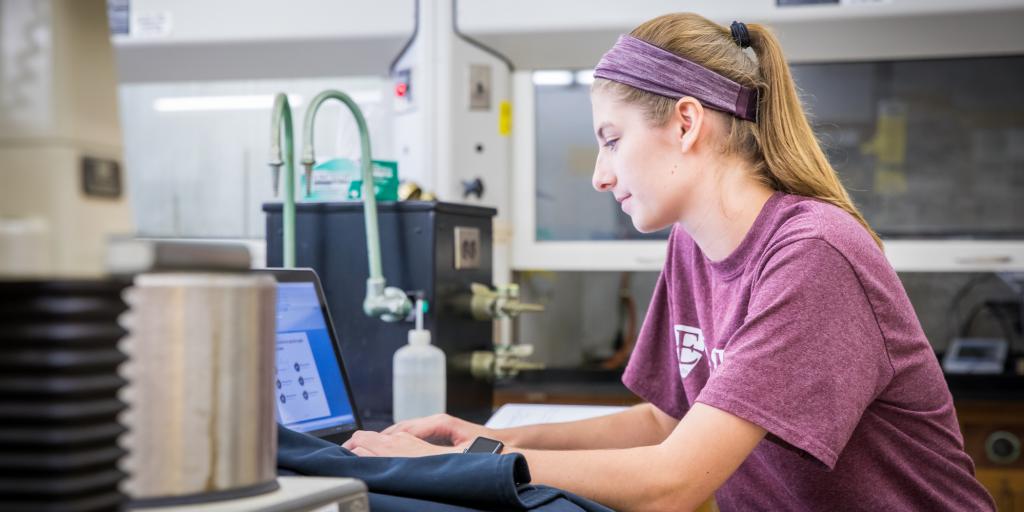

Save time. Save money. Gain exceptional credentials.
Choose a BS in Chemistry or Biochemistry from Eastern University, then study one more year to earn a Professional Science Master’s (P.S.M.) in Forensic Chemistry from Temple University.
Distinctives
-
Combine your major with a minor in criminal justice and/or a minor in forensic chemistry.
-
The graduate year includes a professional internship in a major crime lab. Courses involve hands-on training in the laboratory and in the field.
-
Rigorous, innovative training in the chemical sciences within a Christian liberal arts institution committed to social justice.
-
No commitment; you can opt out of the graduate program at any time.
-
Specialize in the most useful skills needed to assess and manage crime scene evidence. The graduate program includes core requirements in current topics in forensic chemistry; applied biopharmaceutics; data analysis; law, ethics, and policy; and toxicology.
-
Annual symposia include leaders in the fields of forensic science who present on current topics and developments.
-
The Temple University College of Science and Technology is a world-class research institution.
How It Works
-
Eastern students admitted to this fast track program undertake graduate work at Temple University beginning in their junior year at Eastern – one evening course per semester. Then after graduating from Eastern, you’ll continue in the Temple graduate program full-time in a fifth year to complete the graduate Master’s degree. Entrance is guaranteed and no GRE required.
-
You can choose to participate in Eastern’s FastPass Program if you want to lighten your course load during the academic year and take a few free summer online courses toward your undergraduate degree. This can be especially helpful for athletes.
-
Cost of first year of graduate studies during the accelerated program is less than 50% of a non-accelerated masters.
-
First graduate course in the Fall of Junior Year – “Data Analysis and Evidence” – gently introduces you to advanced skills in the field of forensic science. You can decide then if you want to continue to specialize in forensic chemistry in this track or if you want to move in a different direction with your chemical science degree at Eastern.
Careers
Masters-level forensic chemists serve as practitioners, managers and leaders in the field of forensic science. With advanced background in analytical methodologies, graduates will be equipped to work on problems not only in forensic chemistry, but also in environmental chemistry, clinical testing and other areas; for government, industry, and academic laboratories.

